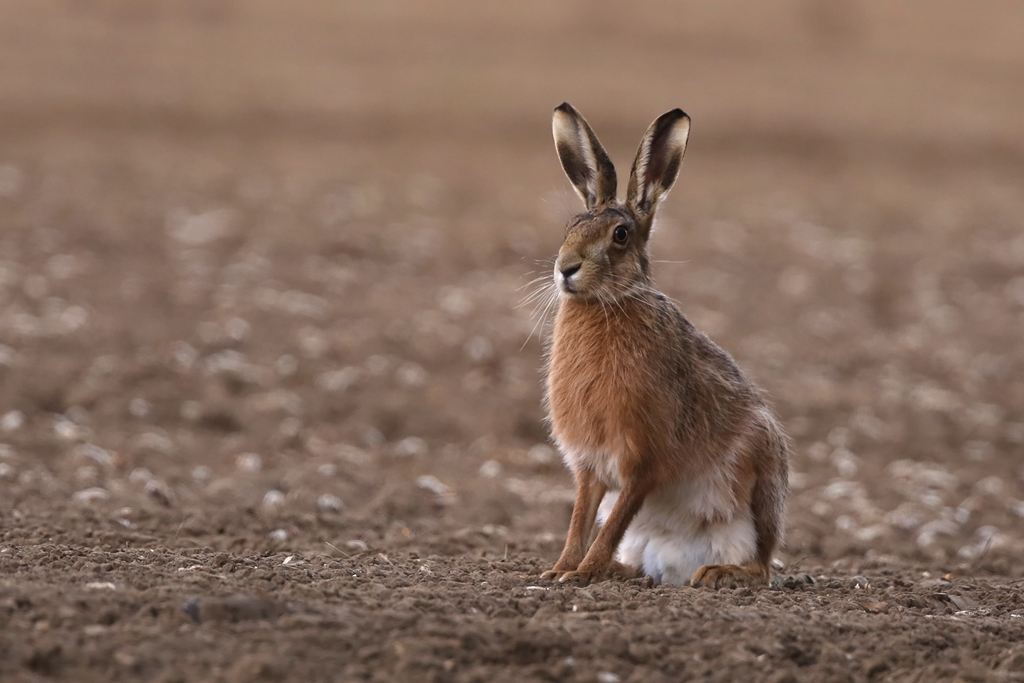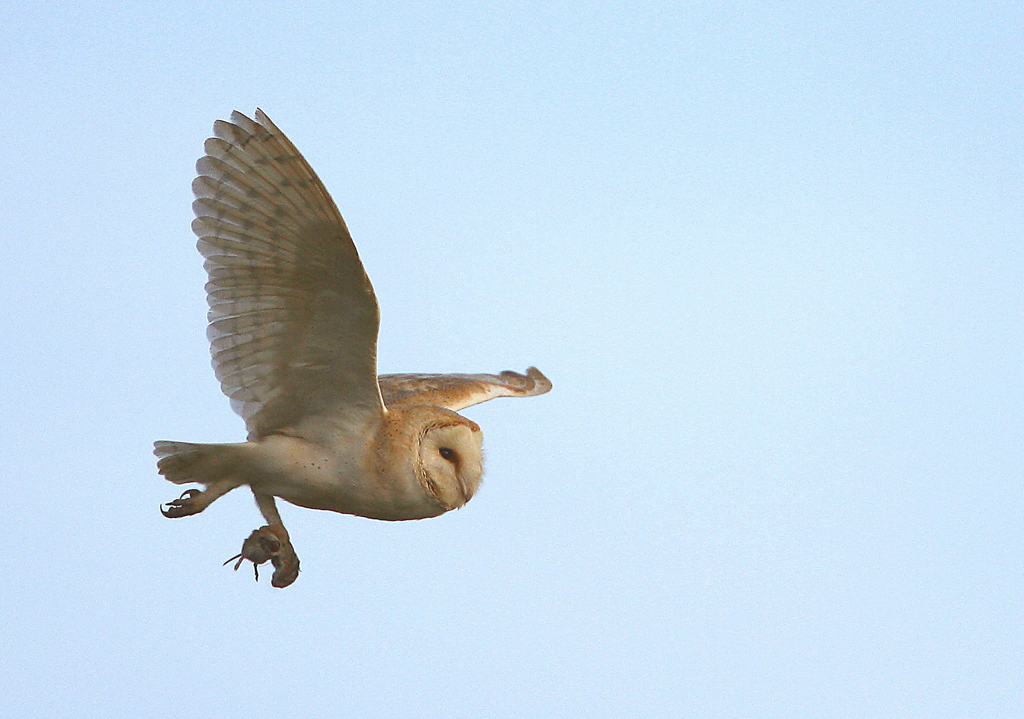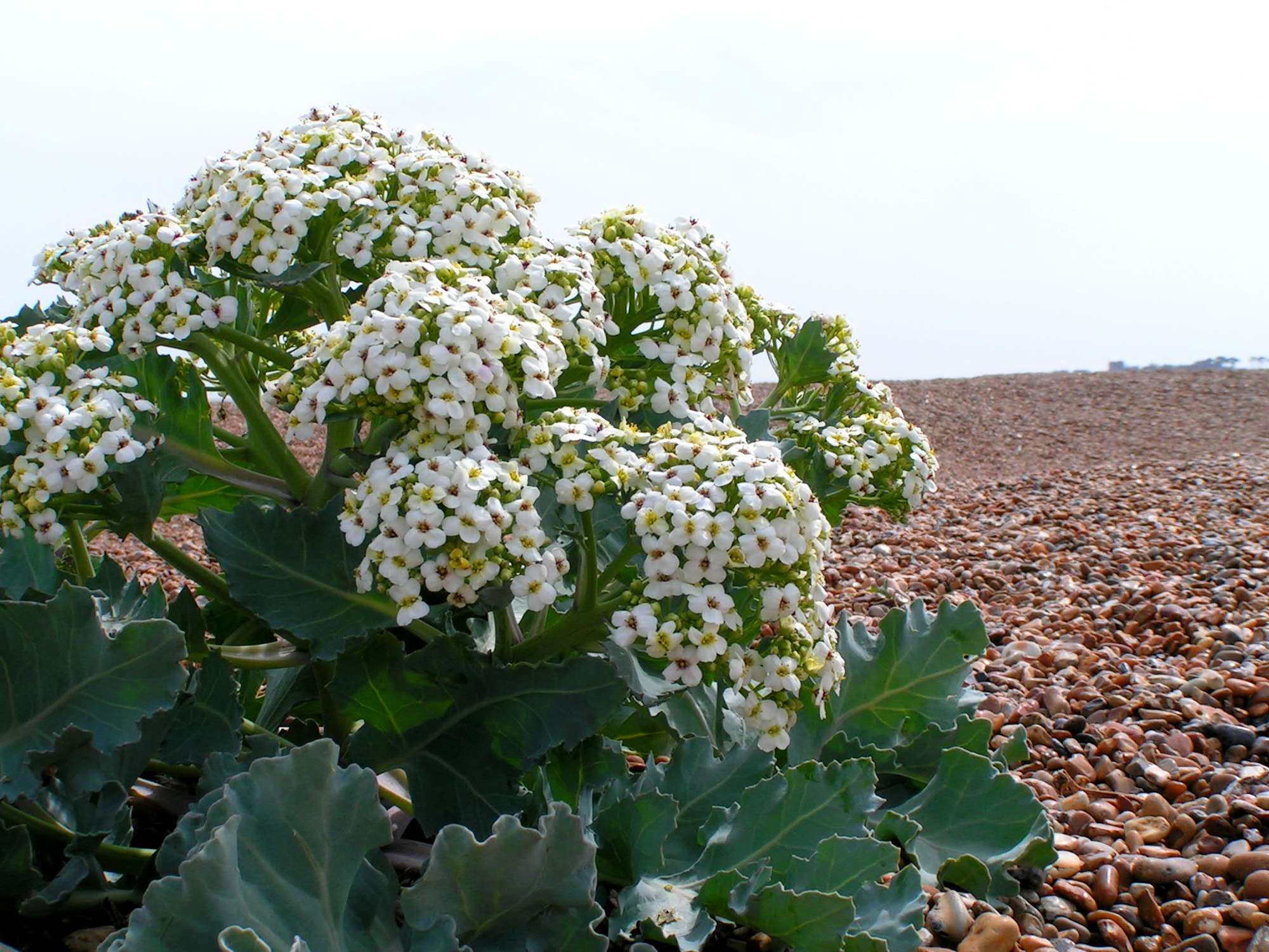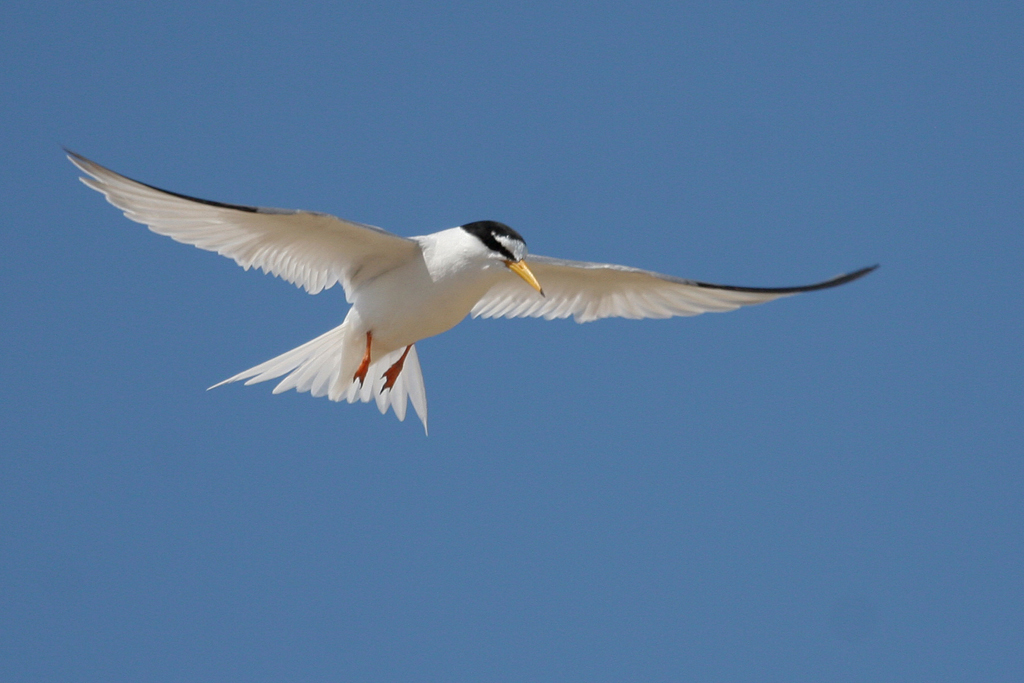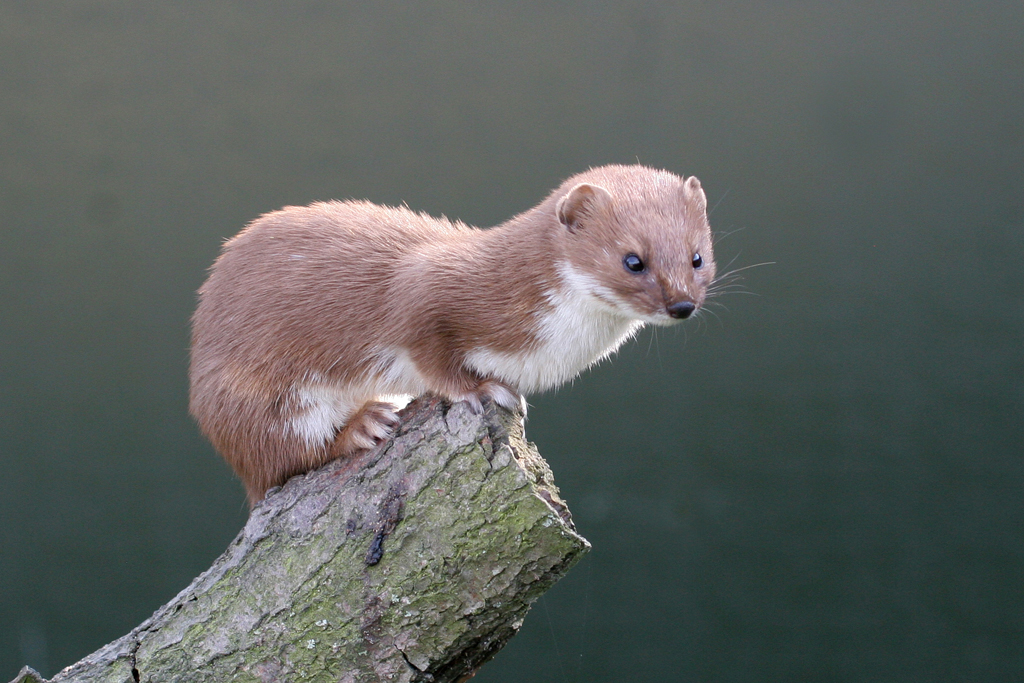Village Voices Nature Note: Speedy Whistlers
01 Feb 2021
Our arable fields can look very bare in winter, almost devoid of life. But look more closely, and listen. We have visitors from the north, flocks of them, sometimes noisy. Golden plovers, who arrived here in the autumn from the northern uplands where they breed. In summer plumage these are gorgeous birds, sporting gold-spangled upperparts and peat-black bellies, divided by a sinuous white stripe running down their sides. Nonetheless, they are surprisingly well camouflaged against the variegated colours of the moorland heather and you may only become aware of them from hearing a plaintive, fugitive whistle, almost lost in the wild and windy spaces. The two parts of the golden plover’s scientific name are in fact somewhat oxymoronic in combination: Pluvialis apricaria ‘rain-bird, basking in the sun’, but given the changeable upland climate it was an easy solution to connect the birds with both sun and showers, I suppose.
In winter they migrate south to our fields and marshes, where they congregate in large flocks, though they can still be hard to locate on the ground since they have now exchanged their contrasting summer colours for drab browns and greys that again give them perfect camouflage, only this time against the dun shades of the earth and mud on which they are feeding. If you carefully scan the fields from Shingle Street to East Lane, however, you will eventually make out the hunched profiles of some golden plovers on the ground. And when you have picked up a few, look again and you may find there are not just five, but fifty, or even a hundred or more, which gradually emerge from the background. They have a distinctive way of feeding – walking briskly head down for a few yards; a quick stab for worms or grubs; pausing, more upright and alert; then marching off again at different angle.
Every now and again, for no reason apparent to us, the flock may take off in a sudden dread, and now you hear those individual whistles combined into one very distinctive but still muted chorus. These flocks swirl around in dense formations before the birds settle again back again on the ground in their invisibility cloaks. They are powerful flyers and, bizarrely, played a part in the creation of a publishing phenomenon. A spirited argument had broken out in an Irish shooting party in 1951 about which British game bird was the fastest flyer – red grouse or golden plover? So Sir Hugh Beaver, who was one of the shooters but also happened to be head of the Guinness brewery, commissioned a volume to settle this and other such inconsequential facts – The Guinness Book of Records, which is now an annual best-seller.
In winter they migrate south to our fields and marshes, where they congregate in large flocks, though they can still be hard to locate on the ground since they have now exchanged their contrasting summer colours for drab browns and greys that again give them perfect camouflage, only this time against the dun shades of the earth and mud on which they are feeding. If you carefully scan the fields from Shingle Street to East Lane, however, you will eventually make out the hunched profiles of some golden plovers on the ground. And when you have picked up a few, look again and you may find there are not just five, but fifty, or even a hundred or more, which gradually emerge from the background. They have a distinctive way of feeding – walking briskly head down for a few yards; a quick stab for worms or grubs; pausing, more upright and alert; then marching off again at different angle.
Every now and again, for no reason apparent to us, the flock may take off in a sudden dread, and now you hear those individual whistles combined into one very distinctive but still muted chorus. These flocks swirl around in dense formations before the birds settle again back again on the ground in their invisibility cloaks. They are powerful flyers and, bizarrely, played a part in the creation of a publishing phenomenon. A spirited argument had broken out in an Irish shooting party in 1951 about which British game bird was the fastest flyer – red grouse or golden plover? So Sir Hugh Beaver, who was one of the shooters but also happened to be head of the Guinness brewery, commissioned a volume to settle this and other such inconsequential facts – The Guinness Book of Records, which is now an annual best-seller.
Jeremy Mynott




